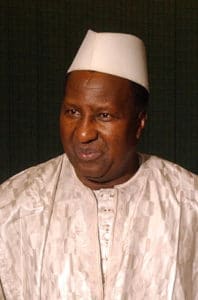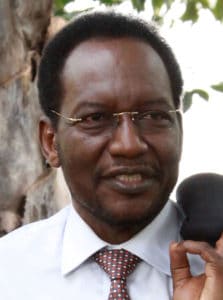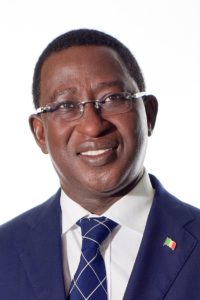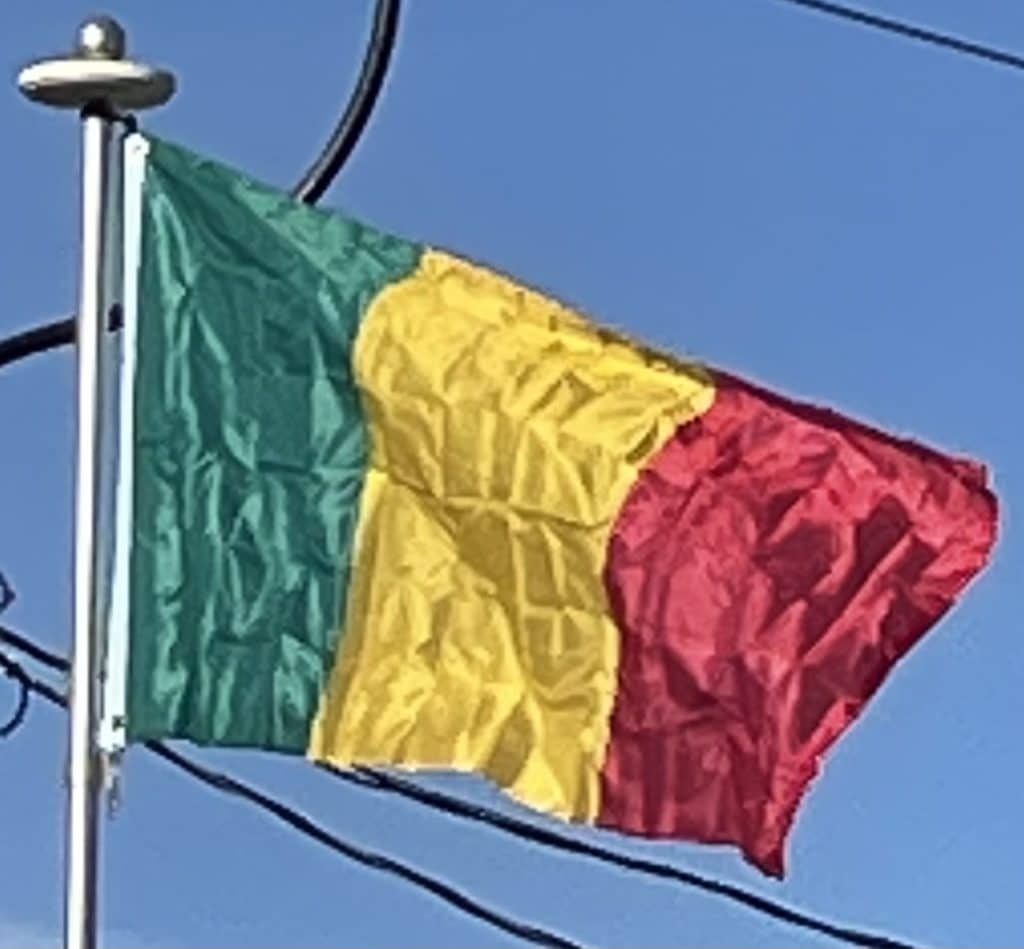
Slavery persists in Mali today with as many as 200,000 people held in direct servitude to a master. In the Tuareg Rebellion of 2012, ex-slaves were a vulnerable population with reports of some slaves being recaptured by their former masters.
Northern Mali Conflict:
In January 2012 a Tuareg rebellion began in Northern Mali, led by the National Movement for the Liberation of Azawad (MNLA). In March, military officer Amadou Sanogo seized power in a coup d’état, citing Touré’s failures in quelling the rebellion, and leading to sanctions and an embargo by the Economic Community of West African States. The MNLA quickly took control of the north, declaring independence as Azawad. However, Islamist groups including Ansar Dine and Al-Qaeda in the Islamic Maghreb (AQIM), who had helped the MNLA defeat the government, turned on the Tuareg and took control of the North with the goal of implementing sharia in Mali.
On 11 January 2013, the French Armed Forces intervened at the request of the interim government. On 30 January, the coordinated advance of the French and Malian troops claimed to have retaken the last remaining Islamist stronghold of Kidal, which was also the last of three northern provincial capitals. On 2 February, the French President, François Hollande, joined Mali’s interim President, Dioncounda Traoré, in a public appearance in recently recaptured Timbuktu.

Conflict in Central Mali:
In the central Mali province of Mopti, conflict has escalated since 2015 between agricultural communities like the Dogon and the Bambara, and the pastoral Fula (or Fulani) people. Historically, the two sides have fought over access to land and water, factors which have been exacerbated by climate change as the Fula move into new areas. The Dogon and the Bambara communities have formed militias, or “self-defense groups”, to fight the Fula. They accuse the Fula of working with armed Islamists linked to al-Qaeda. While some Fula have joined Islamist groups, Human Rights Watch reports that the links have been “exaggerated and instrumentalized by different actors for opportunistic ends”.
The conflict has seen the creation and growth of Dogon and Bambara militias. The government of Mali is suspected of supporting some of these groups under the guise of they being proxies in the war against Islamists in the Northern Mali conflict. The government denies this.
The UN Special Adviser on the Prevention of Genocide, Adama Dieng, warned of a growing ethnicization of the conflict.
On 19 August 2020, President Keïta announced his resignation and the dissolution of Parliament and the Government, just hours after he was arrested by the insurgent military following protests over corruption, economic woes, and a worsening national security situation.
2020 Coup d’etat:
Popular unrest began on 5 June 2020 following irregularities in the March and April parliamentary elections, including the arrest of opposition leader Soumaila Cissé. Between 11 and 23 deaths followed protests that took place from 10 to 13 June.

Members of the military led by Colonel Assimi Goïta and Colonel-Major Ismaël Wagué in Kati, Koulikoro Region began a mutiny on 18 August 2020. President Ibrahim Boubacar Keïta, and Prime Minister Boubou Cissé were arrested, and shortly after midnight Keïta announced his resignation, saying he did not want to see any bloodshed. Wagué announced the formation of the National Committee for the Salvation of the People (CNSP) and promised elections in the future. A curfew was begun and the streets of Bamako were quiet.
